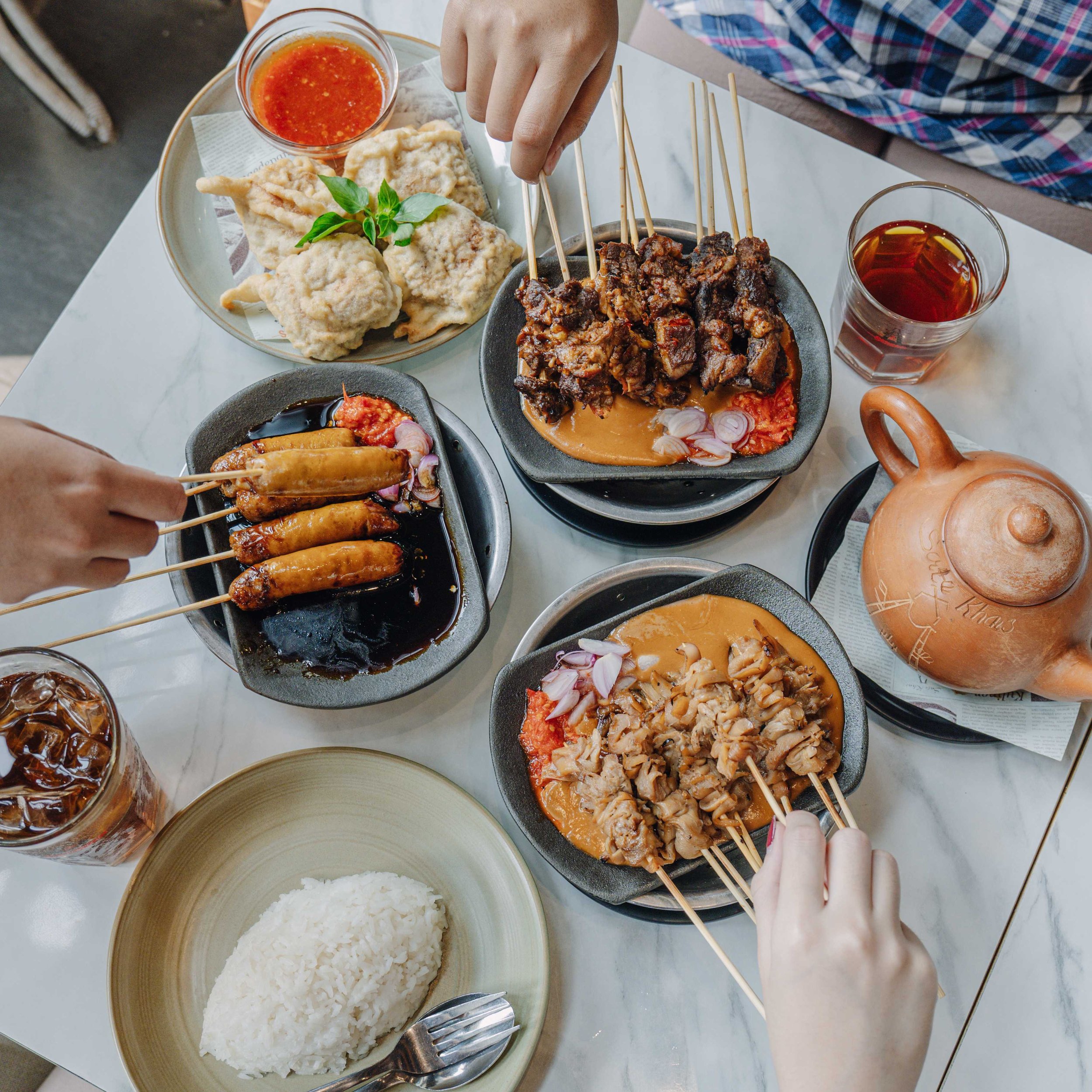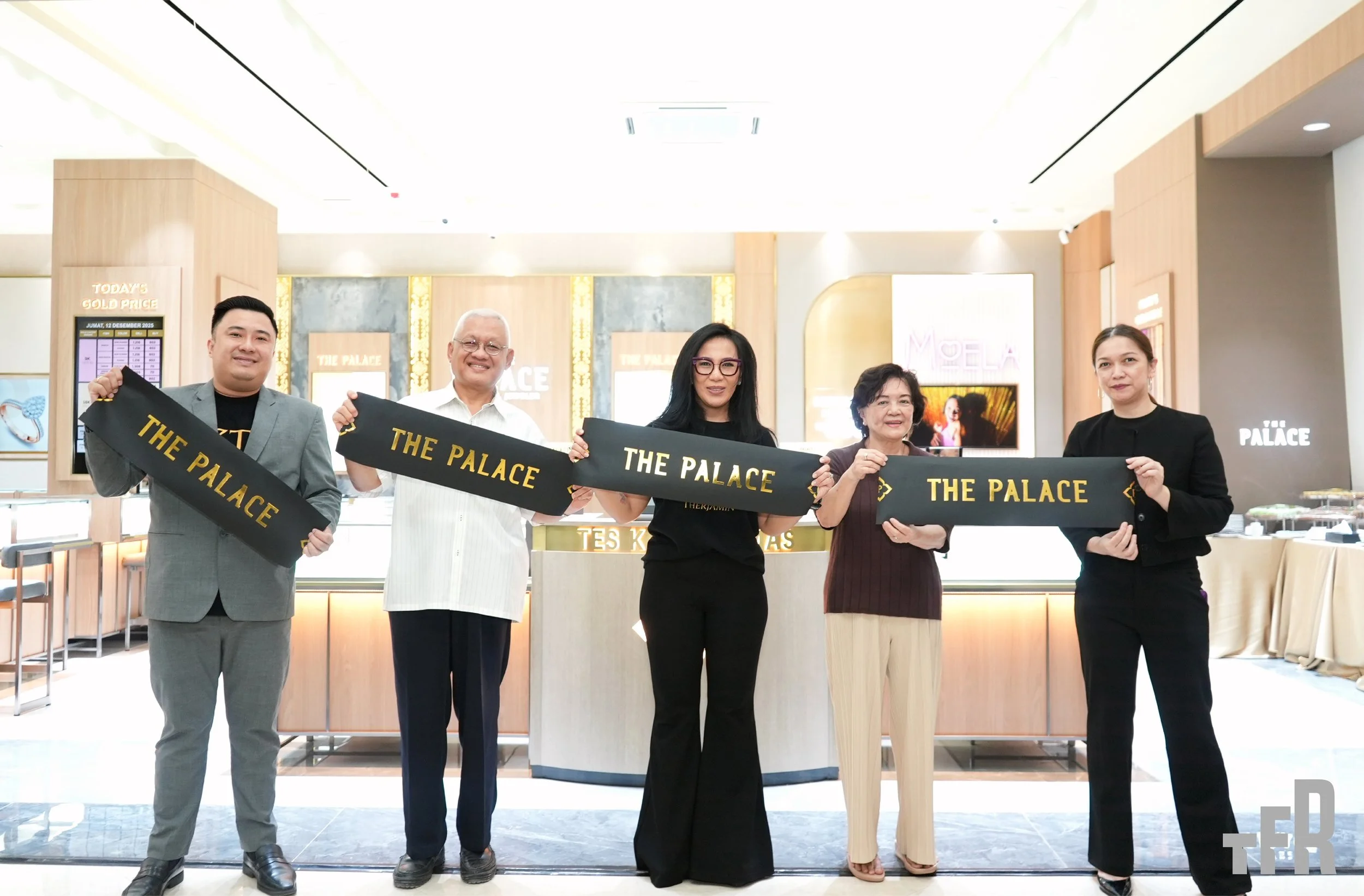Building long-lasting culinary business in Indonesia: 50 years of Sarirasa Group
Written by Ardela Nabila | Read in Indonesian
Indonesia’s rich culture is not only reflected in the diversity of works of art from various regions, but also the variety of culinary delights that attract tourists, both local and foreign.
Understandably, the culinary sector is one of the major contributors to the country's economy. It continues to expand at a rapid pace, driven by the increasing number of middle class consumers.
A Statistics Indonesia (BPS) report titled "Food and Drink Provider Statistics 2022" which was released on 22 December 2023 found that there were 10,900 medium-large scale food and beverage businesses in 2022, up 20.76% compared to 2021.
As many as 50.44% of these businesses were located in malls or large shopping areas; most of which were found in DKI Jakarta and West Java, followed by South Sumatra and Bali.
Source: Sarirasa Group
The food and beverages entrepreneurship boom shows that culinary is still a potential business with bright prospects.
On the other hand, the emergence of various new culinary brands is accompanied by a new challenge, namely an increasingly fierce competition. This requires businesses to continue to innovate in order to maintain customer loyalty so that they can not only develop, but also last for a long time.
Difficult doesn't mean impossible. Indonesia has many brands that have been around for decades and prove that building a long-lasting culinary business is not an unattainable goal.
One of them is the Sarirasa Group, a culinary company established in 1974. The company, which operates several prominent culinary brands in Indonesia, will celebrate its 50th anniversary this year.
Local culinary enthusiasts are no stranger to Sate Khas Senayan, Sate Express Senayan, TeSaTe, Gopek, TeKoTe and Sate & Seafood Senayan. Apart from restaurants, the Sarirasa Group has also expanded to the catering business, which was founded in 1975 to meet the needs of customers outside the restaurant.
"On this 50th anniversary celebration, we are still carrying out our three main pillars, namely culinary, culture and sustainability in the form of waste management. We continue to implement these three things consistently," Sarirasa Group Head of Marketing Department Lavinia Siswadi told TFR in a written interview.
Consistent, not just viral: The key to culinary business success!
Prioritising customers and ensuring service quality is, in fact, not enough to build a culinary business that is sustainable and long-lasting.
Maintaining consistent business vision and mission also needs to be prioritised. This is one of the secrets behind the success of the Sarirasa Group. That is because the success and sustainability of a culinary business does not solely rely on virality.
Lavinia said, "Being consistent with the vision at the beginning is the biggest challenge; it’s not about just going viral. One of our strategies to face these challenges is to always revisit our vision. A consistent and stable Indonesian culinary world is a way to promote Indonesia on a bigger stage."
Adapting to the latest trends is also no less important for future sustainability. Businesses must be able to open themselves to new things in the industry so that they remain relevant to market developments and needs, while still paying attention to upholding their vision and mission.
For example, the recent rise of the healthy eating trend which was driven by the increasing consumer awareness of their health. This means that restaurant entrepreneurs must also be able to make adjustments to their menu options.
"Apart from that, many consumers are now aware of quality food, not only in terms of taste but also raw materials. Therefore, we always try to ensure that we use only the best raw materials, like using only natural dyes, avoiding chemicals in the process, even using non-GMO ingredients for all our soy products," she explained.
The topic of sustainability is inseparable from environmentally friendly principles. The Sarirasa Group has implemented waste management since 2019 through the Tanahmula programme.
This practice, implemented in more than 70 Sarirasa Group restaurants, converts raw material waste from restaurants into something useful, such as processing food waste into animal feed.
It has only been around for a short time, but Tanahmula has proved that culinary brands can also have a positive impact on the environment and wider society. Consequently, customer satisfaction is established.
Preserving Indonesian culture through culinary delights
There are many ways for culinary entrepreneurs to increase their competitiveness, including by having distinctive characteristics that form a brand identity.
Promoting while preserving Indonesia's culinary heritage could be one way to do it!
This is what the Sarirasa Group has been doing–consistently presenting Indonesia's culinary riches through dozens of outlets throughout the country.
Source: Sarirasa Group
"We continue to expand to many cities from year to year; even expanding abroad has become our agenda. Because from the start our vision is not to become a culinary business, but to elevate and promote Indonesian culture," said Lavinia.
The hope is that Indonesian culinary delights can thrive locally and gain popularity internationally.
She concluded, "Our biggest goal right now is food diplomacy, bringing Indonesia's culinary riches to the global stage."





















